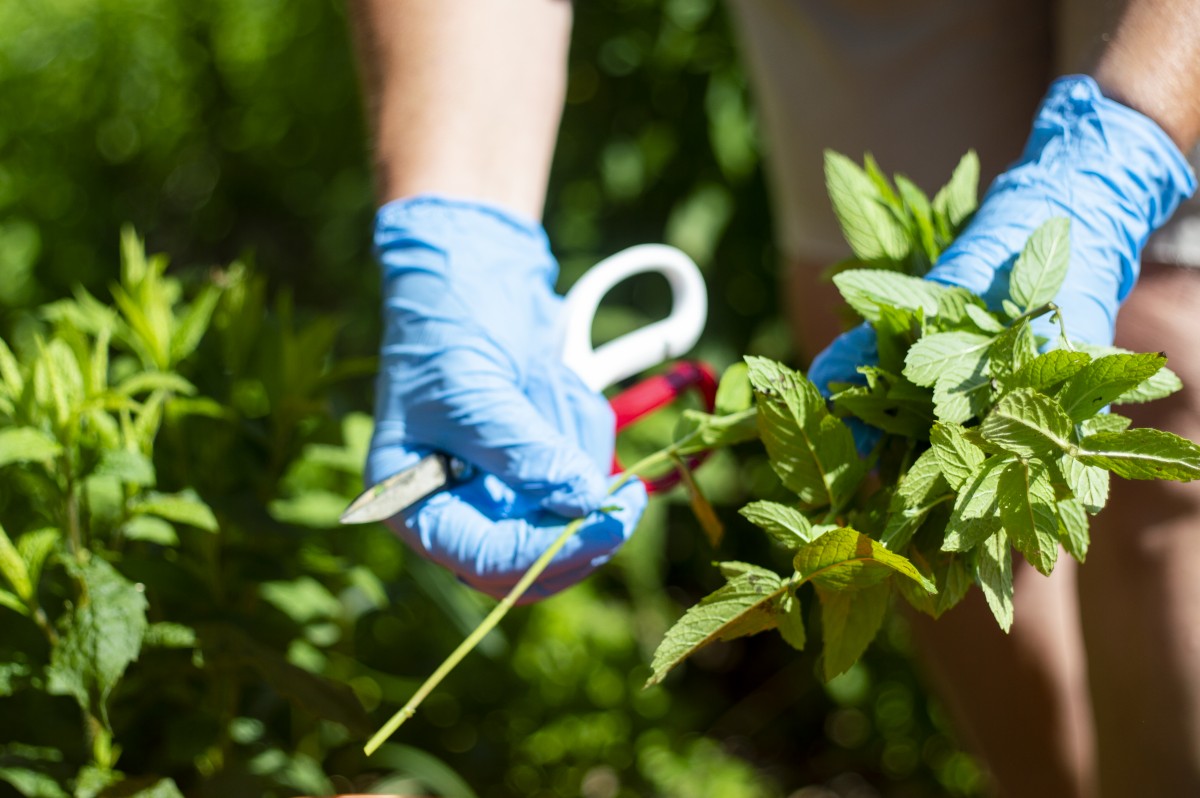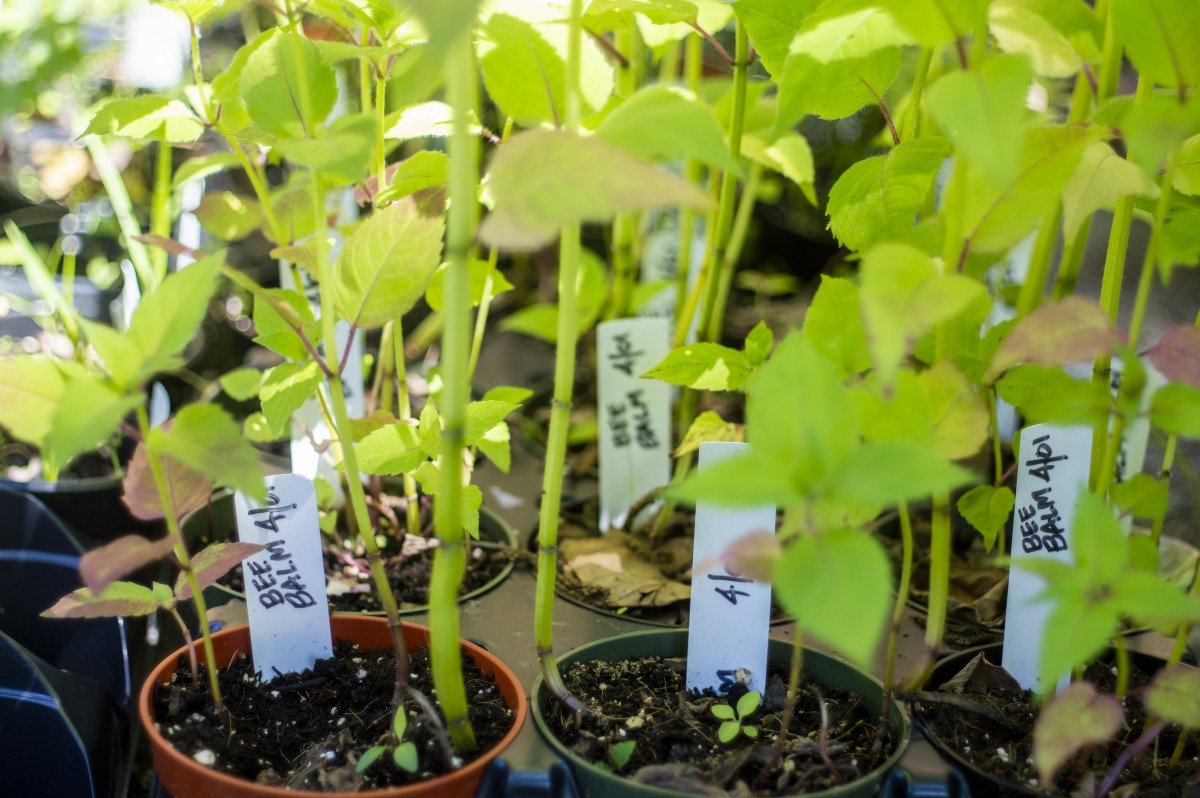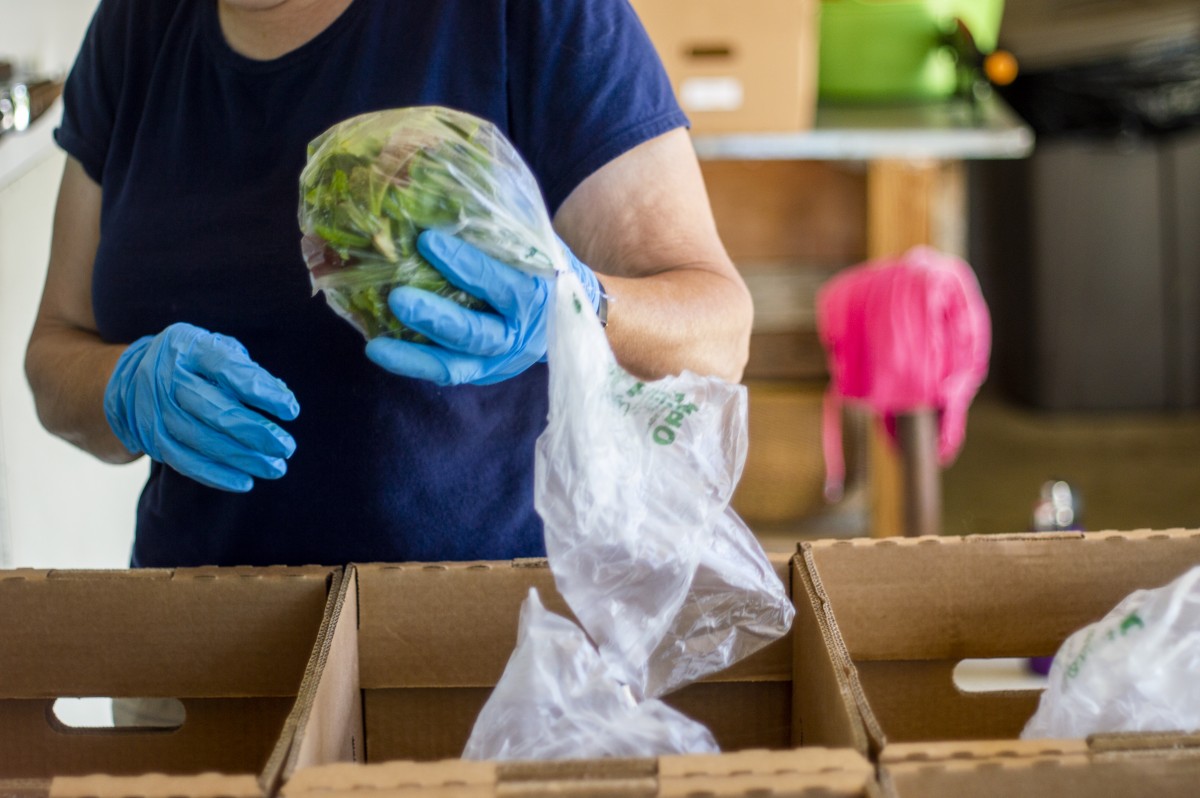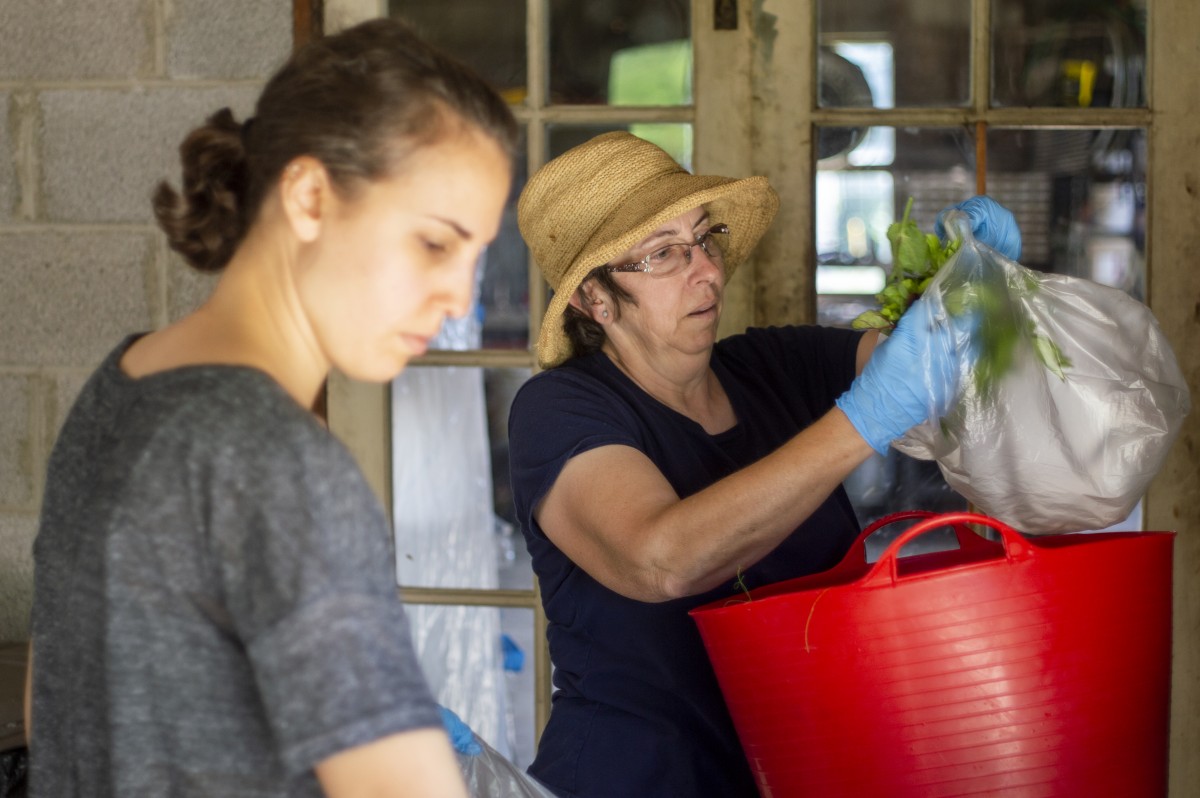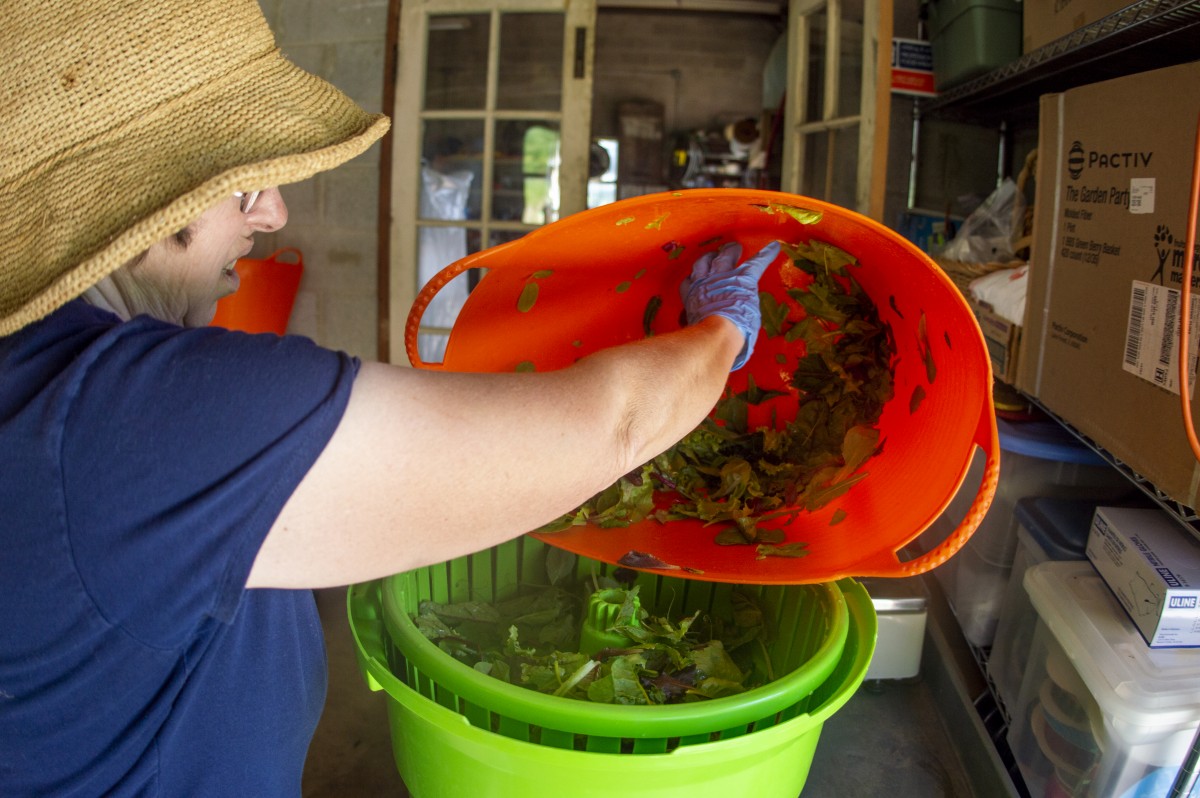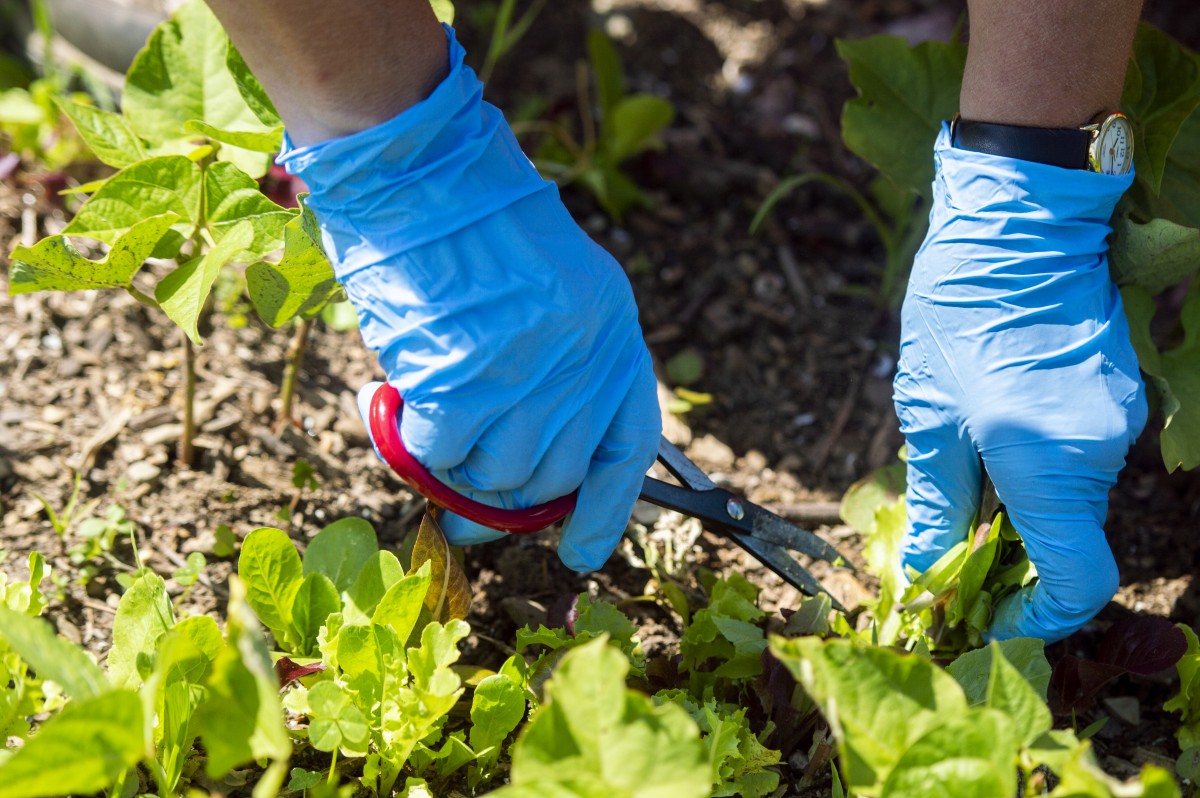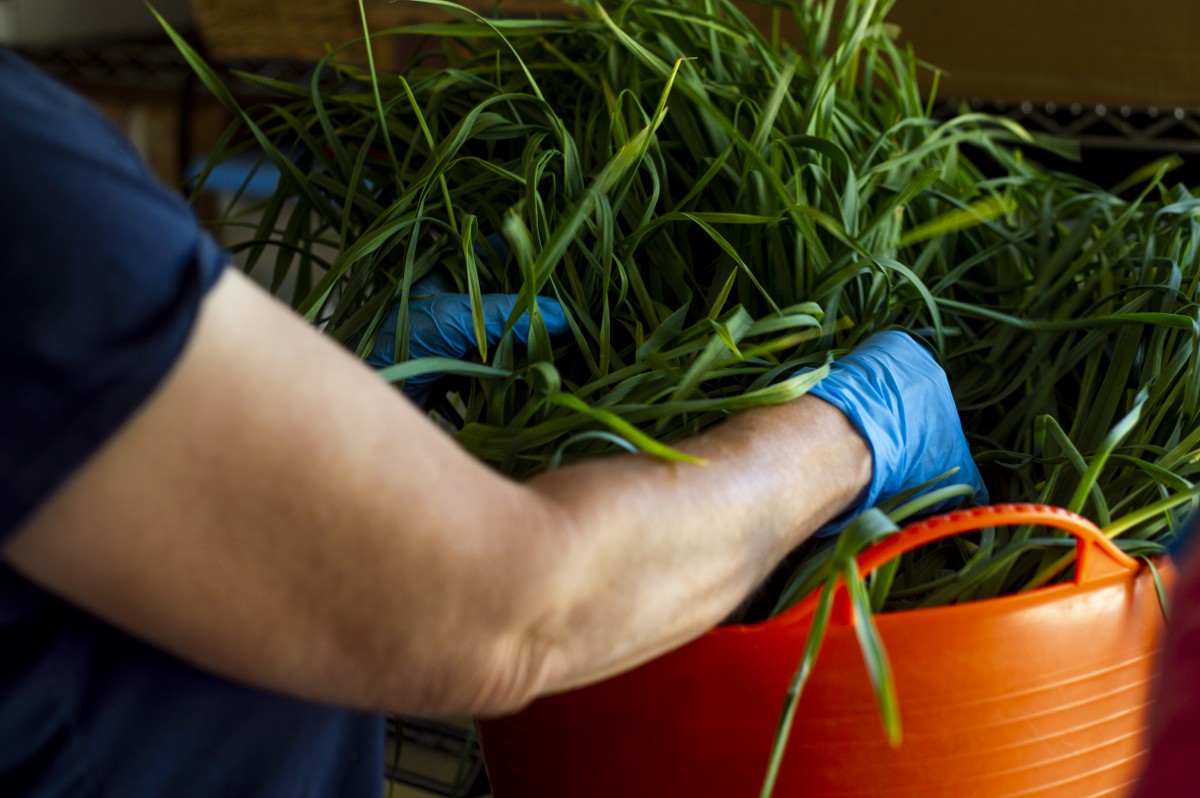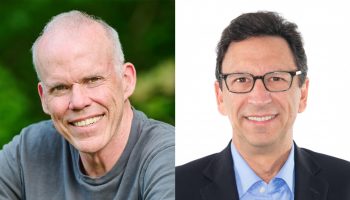Just a few minutes down the road from Chautauqua Institution, landscaper and gardener Adrienne Ploss manages a multi-faceted operation on 96 acres at Hickory Hurst Farm.
She prepares weekly batches of produce for her 25 Community-Supported Agriculture clients, sells cut flowers and other farm products at a roadside stand and consults with clients who hire her to landscape their gardens.
Ploss will bring her expertise to the biannual Native Plant Sale hosted by the Bird, Tree & Garden Club, from noon to 5 p.m. Friday, June 28 on the patio behind Smith Wilkes Hall.
BTG board member and Master Gardener Chris Flanders said BTG holds the plant sale in order to encourage Chautauquans to plant native species in their gardens.
“This is not, for us, a money-making project,” she said. “It is more like a gift to the community. This is just to give them the opportunity to get their hands on plants that could be put right in.”
There will be about 300 plants from a wide variety of native species, including swamp milkweed, Joe Pye weed, white turtlehead, bee balm and meadowsweet. Herbs such as cilantro and parsley will also be available.
The majority are sun-loving plants, although there will be some shade-loving plants for sale.
All of the plants were grown with organic methods; Hickory Hurst Farm was certified organic by the U.S. Department of Agriculture in 2014.
The plant sale is part of BTG’s effort to encourage more environmentally friendly gardens on the grounds, Flanders said. She said BTG no longer sponsors a garden contest because people often planted whatever plants looked best, even if they were non-native.
“This year, everything’s drowning, but the natives aren’t,” Flanders said. “Their root systems are deeper, they’re more complex. They stop the water from running into the lake so quickly.”
Plants native to this area require less maintenance and are typically better at surviving the winter, Ploss said.
“You want native plants along the lakeshore because they tend to hold in the lakeshore and reduce erosion,” she said.
Plants can help to slow stormwater runoff, and filter stormwater that runs into the lake, reducing the amount of nitrogen and phosphorus — nutrients that worsen the condition of weeds and algae in the lake — that enter the water.
Native plants also support native animal species, Ploss said. For example, oak trees produce acorns that feed turkeys, chipmunks and other animals.
Hickory Hurst Farm has been in Ploss’ family since 1908, and she has lived on the farm since 2009.
Ploss has been doing landscaping for more than 30 years, and most of her clients live within a 15-mile radius of the farm. All of her clients find her by word-of-mouth.
This is the first year Ploss is supplying plants for the BTG sale and working with the Athenaeum Hotel. Earlier this year, she consulted with the hotel about where to put certain plants inside the building.
She also delivers two large bouquets to the hotel lobby every Thursday. The flowers in the bouquets depend on what is in season.
Ploss said she is excited by these new work opportunities.


